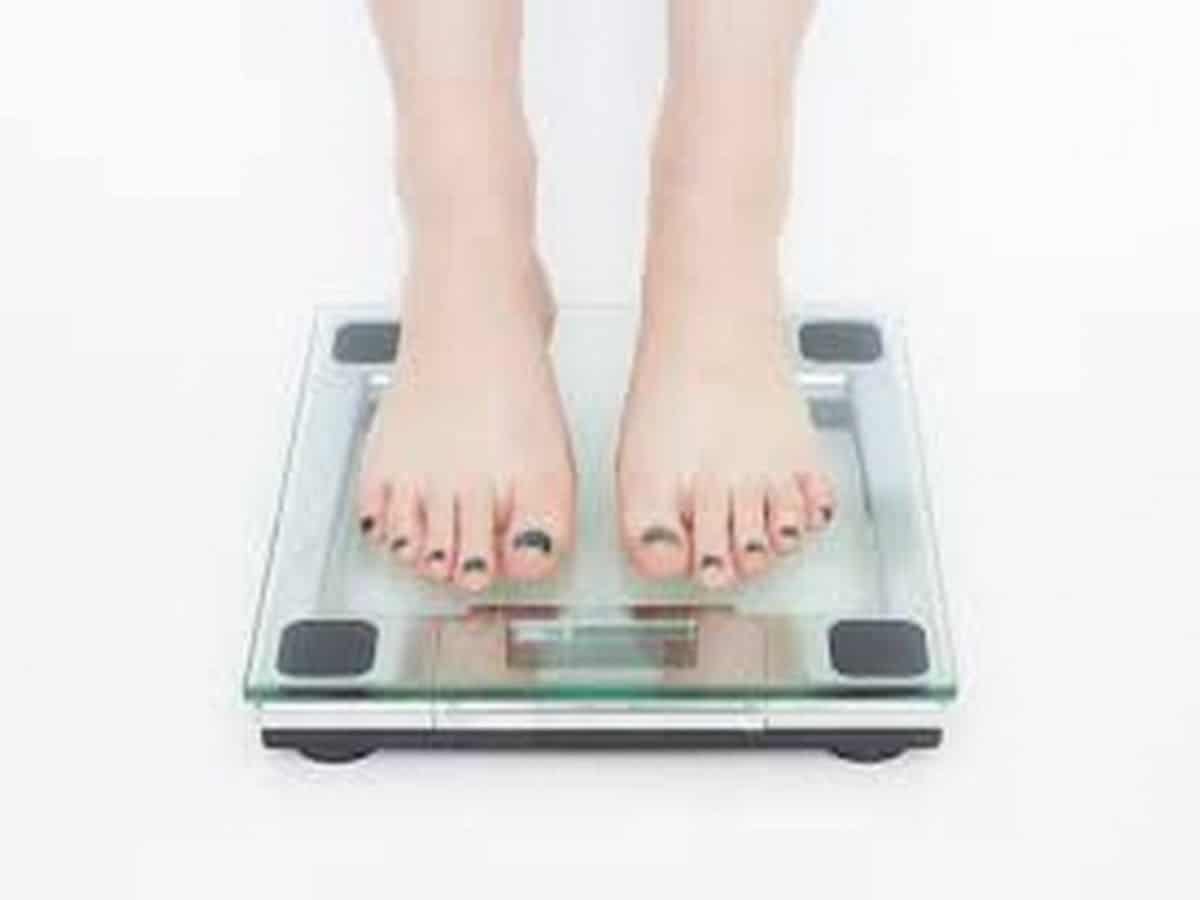Washington: A recent study has tried to understand how transitioning into professional life after graduating from school leads to decrease in physical activity, while at the same time, how motherhood is linked to increased weight gain.
The research which was published in Obesity Review was led by researchers from the Centre for Diet and Activity Research (CEDAR) at the University of Cambridge.
The team conducted two studies, which analysed the transition from high school into employment, and then that of becoming a parent.
The first study found that leaving high school was associated with a decrease of seven minutes per day of moderate-to-vigorous physical activity. The decrease was larger for males than it was for females.
More detailed analysis also showed that the change is largest when people go to university, with overall levels of moderate-to-vigorous physical activity falling by 11.4 minutes per day.
It was also found that diets decrease in quality on leaving high school and one suggested the same on leaving university.
Dr Eleanor Winpenny from CEDAR and the MRC Epidemiology Unit at the University of Cambridge said: “Children have a relatively protected environment, with healthy food and exercise encouraged within schools, but this evidence suggests that the pressures of the university, employment, and childcare drive changes in behaviour which are likely to be bad for long-term health.”
Eleanor further stated: “This is a really important time when people are forming healthy or unhealthy habits that will continue through adult life. If we can pinpoint the factors in our adult lives which are driving unhealthy behaviours, we can then work to change them.”
In the second study, the team looked at the impact of becoming a parent on weight, diet and physical activity.
The team that studied the changes after becoming a parent, found that a woman of average height (164cm) who had no children gained around 7.5kg over five to six years, while a mother of the same height would gain an additional 1.3kg.
Dr Kirsten Corder, also from CEDAR and the MRC Epidemiology Unit said: “BMI increases for women over young adulthood, particularly among those becoming a mother. However, new parents could also be particularly willing to change their behaviour as it may also positively influence their children, rather than solely improve their own health,”
Meanwhile, only one study looked at the impact of becoming a father and found no difference in change.

